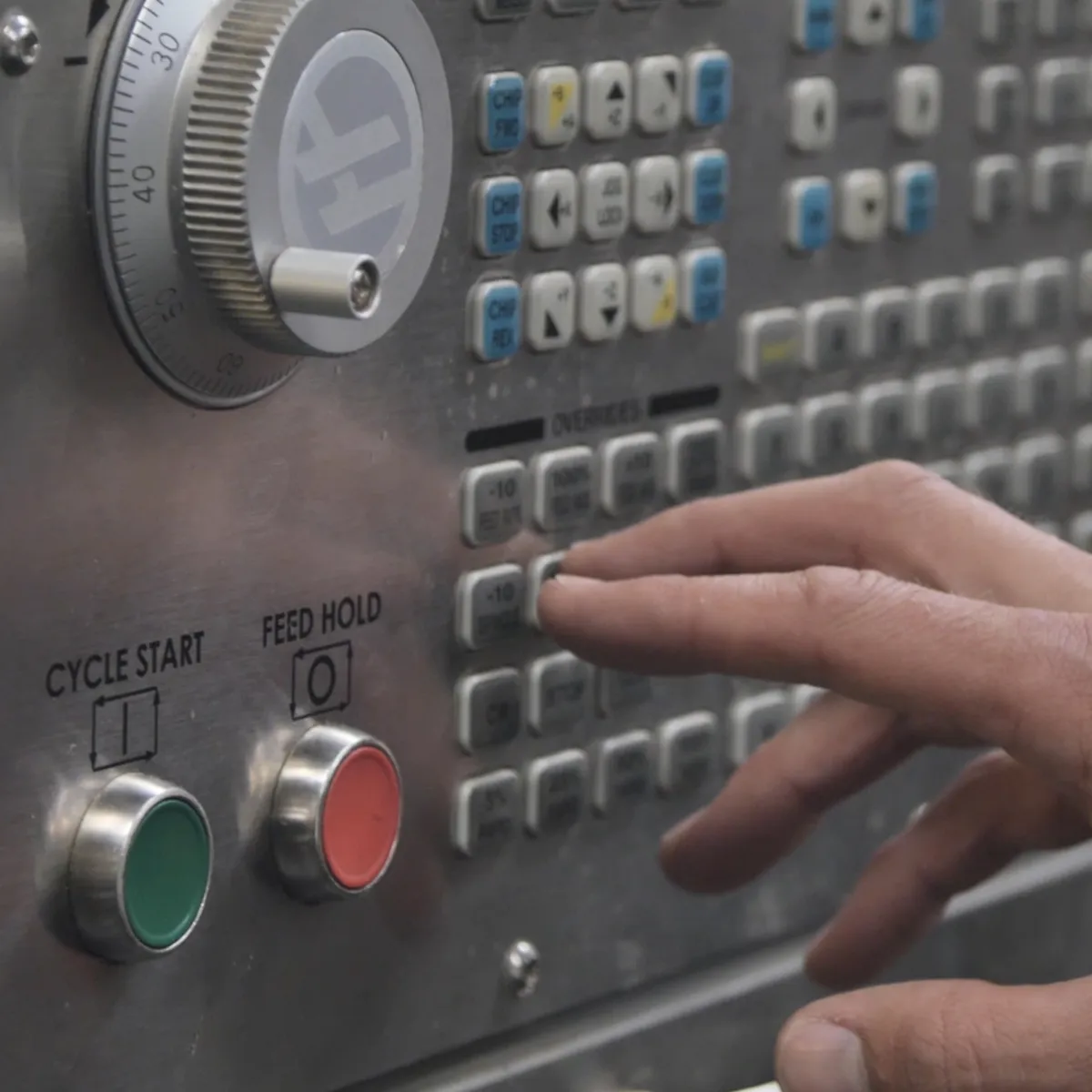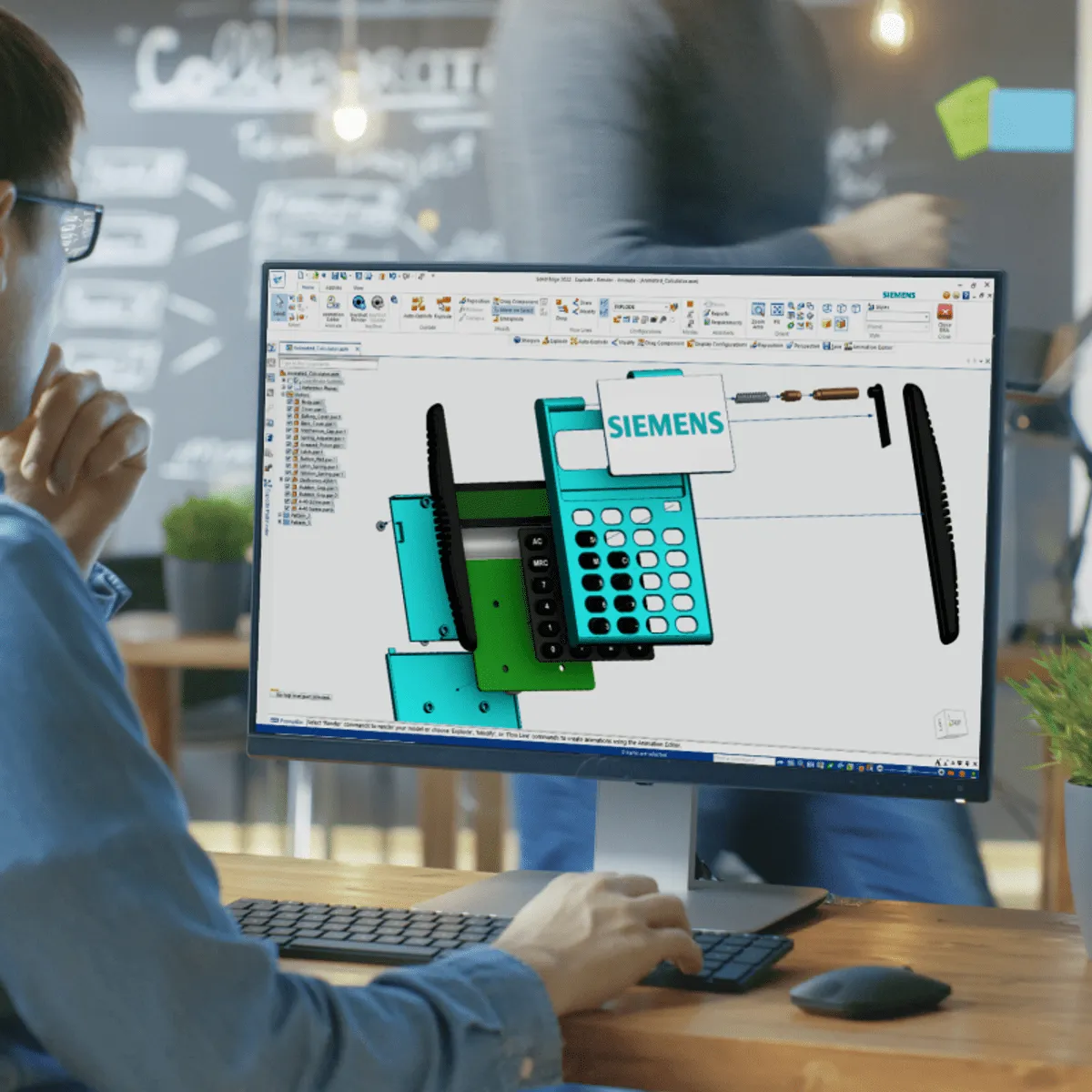
Advanced Machining Processes 
This course provides students with an overview of the latest advancements in machining processes, including unconventional and modern techniques. Students will gain an understanding of the research trends in the field. ▼
ADVERTISEMENT
Course Feature
![]() Cost:
Cost:
Free
![]() Provider:
Provider:
Swayam
![]() Certificate:
Certificate:
No Information
![]() Language:
Language:
English
![]() Start Date:
Start Date:
Self Paced
Course Overview
❗The content presented here is sourced directly from Swayam platform. For comprehensive course details, including enrollment information, simply click on the 'Go to class' link on our website.
Updated in [March 06th, 2023]
This course provides an overview of advanced machining processes. In the first week, students will learn about the introduction to advanced machining processes and their classification, as well as ultrasonic machining and its modelling and analysis. The second week will cover abrasive jet machining (AJM), water jet cutting (WJC) and abrasive water jet machining (AWJM), and magnetic abrasive finishing (MAF) and its modelling.
The third week will focus on abrasive flow finishing (AFF) and its modelling, as well as magnetorheological finishing (MRF). The fourth week will cover magnetorheological abrasive flow finishing (MRAFF) and its modelling and analysis. The fifth week will discuss electric discharge machining (EDM), including its principle, applications, process parameters, and modelling. It will also cover electric discharge grinding (EDG), electric discharge diamond grinding (EDDG), and wire electric discharge machining (W-EDM).
The sixth week will cover laser beam machining (LBM), plasma arc machining (PAM), and electron beam machining (EBM). The seventh week will focus on electrochemical machining (ECM), including its principle, applications, and process parameters and modelling. The eighth week will cover electrochemical grinding (ECG), electrostream drilling (ESD), shaped tube electrolytic machining (STEM), and chemical machining (ChM).
[Applications]
After completing this course, students should be able to apply the knowledge gained to a variety of machining processes. They should be able to identify the appropriate process for a given application, understand the process parameters and their effects, and be able to model and analyze the process. Additionally, they should be able to identify the advantages and disadvantages of each process and be able to select the most suitable process for a given application.
[Career Paths]
1. Machinist: Machinists are responsible for operating and maintaining a variety of machines used in the manufacturing process. They use computer numerical control (CNC) machines to cut and shape metal and other materials. They also use advanced machining processes such as ultrasonic machining, abrasive jet machining, water jet cutting, abrasive water jet machining, magnetic abrasive finishing, abrasive flow finishing, magnetorheological finishing, magnetorheological abrasive flow finishing, electric discharge machining, electric discharge grinding, electric discharge diamond grinding, wire electric discharge machining, laser beam machining, plasma arc machining, electron beam machining, electrochemical machining, electrochemical grinding, electrostream drilling, shaped tube electrolytic machining, and chemical machining. The demand for machinists is expected to grow as the manufacturing industry continues to expand.
2. Manufacturing Engineer: Manufacturing engineers are responsible for designing and developing manufacturing processes and systems. They use advanced machining processes to create parts and components for a variety of industries. They also use computer-aided design (CAD) and computer-aided manufacturing (CAM) software to create detailed drawings and models of parts and components. They also use advanced machining processes such as ultrasonic machining, abrasive jet machining, water jet cutting, abrasive water jet machining, magnetic abrasive finishing, abrasive flow finishing, magnetorheological finishing, magnetorheological abrasive flow finishing, electric discharge machining, electric discharge grinding, electric discharge diamond grinding, wire electric discharge machining, laser beam machining, plasma arc machining, electron beam machining, electrochemical machining, electrochemical grinding, electrostream drilling, shaped tube electrolytic machining, and chemical machining. The demand for manufacturing engineers is expected to grow as the manufacturing industry continues to expand.
3. Quality Control Technician: Quality control technicians are responsible for ensuring that products meet quality standards. They use advanced machining processes to inspect and test products for defects. They also use computer-aided inspection (CAI) and computer-aided testing (CAT) software to detect and analyze defects. They also use advanced machining processes such as ultrasonic machining, abrasive jet machining, water jet cutting, abrasive water jet machining, magnetic abrasive finishing, abrasive flow finishing, magnetorheological finishing, magnetorheological abrasive flow finishing, electric discharge machining, electric discharge grinding, electric discharge diamond grinding, wire electric discharge machining, laser beam machining, plasma arc machining, electron beam machining, electrochemical machining, electrochemical grinding, electrostream drilling, shaped tube electrolytic machining, and chemical machining. The demand for quality control technicians is expected to grow as the manufacturing industry continues to expand.
4. Robotics Technician: Robotics technicians are responsible for designing, building, and maintaining robots and robotic systems. They use advanced machining processes to create parts and components for robots. They also use computer-aided design (CAD) and computer-aided manufacturing (CAM) software to create detailed drawings and models of parts and components. They also use advanced machining processes such as ultrasonic machining, abrasive jet machining, water jet cutting, abrasive water jet machining, magnetic abrasive finishing, abrasive flow finishing, magnetorheological finishing, magnetorheological abrasive flow finishing, electric discharge machining, electric discharge grinding, electric discharge diamond grinding, wire electric discharge machining, laser beam machining, plasma arc machining, electron beam machining, electrochemical machining, electrochemical grinding, electrostream drilling, shaped tube electrolytic machining, and chemical machining. The demand for robotics technicians is expected to grow as the manufacturing industry continues to expand.
[Education Paths]
1. Bachelor of Science in Mechanical Engineering: This degree program focuses on the design, development, and operation of mechanical systems. It covers topics such as thermodynamics, fluid mechanics, materials science, and manufacturing processes. Students learn to use computer-aided design (CAD) software to create and analyze designs, and they gain hands-on experience with advanced machining processes. This degree is becoming increasingly popular as the demand for skilled engineers in the manufacturing industry grows.
2. Master of Science in Manufacturing Engineering: This degree program focuses on the design, development, and optimization of manufacturing processes. It covers topics such as advanced machining processes, quality control, and automation. Students learn to use computer-aided design (CAD) software to create and analyze designs, and they gain hands-on experience with advanced machining processes. This degree is becoming increasingly popular as the demand for skilled engineers in the manufacturing industry grows.
3. Doctor of Philosophy in Manufacturing Engineering: This degree program focuses on the research and development of advanced manufacturing processes. It covers topics such as advanced machining processes, quality control, and automation. Students learn to use computer-aided design (CAD) software to create and analyze designs, and they gain hands-on experience with advanced machining processes. This degree is becoming increasingly popular as the demand for skilled engineers in the manufacturing industry grows.
4. Master of Science in Robotics and Automation: This degree program focuses on the design, development, and operation of robotic systems. It covers topics such as artificial intelligence, machine learning, and advanced machining processes. Students learn to use computer-aided design (CAD) software to create and analyze designs, and they gain hands-on experience with advanced machining processes. This degree is becoming increasingly popular as the demand for skilled engineers in the robotics and automation industry grows.
Course Provider

Provider Swayam's Stats at AZClass
Discussion and Reviews
0.0 (Based on 0 reviews)
Explore Similar Online Courses

Django Core A Reference Guide to Core Django Concepts

Better Handwriting and Signatures

Python for Informatics: Exploring Information

Social Network Analysis

Introduction to Systematic Review and Meta-Analysis

The Analytics Edge

DCO042 - Python For Informatics

Causal Diagrams: Draw Your Assumptions Before Your Conclusions

Whole genome sequencing of bacterial genomes - tools and applications

Cyber Security in Manufacturing

Creating Toolpaths for a CNC Lathe


Start your review of Advanced Machining Processes